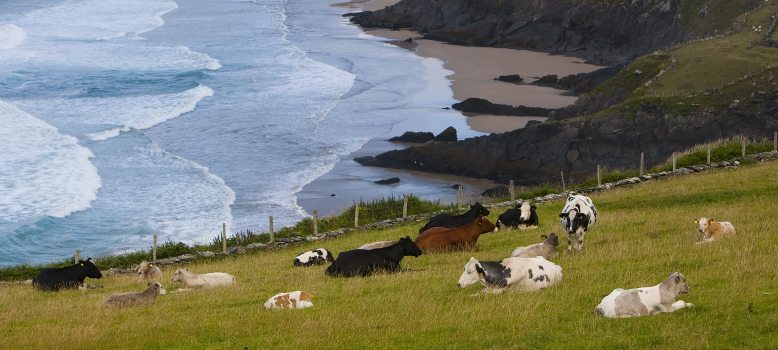Greenhouse Gas Projections Highlight Need for Bioenergy Plan and Full Recognition of Agriculture’s Carbon Sinks

IFA Environment and Rural Affairs Chairman Harold Kingston has called on Government to introduce a bioenergy and renewables plan and provide full recognition of the carbon sinks in forestry and grasslands, to support Ireland to achieve its greenhouse gas emission reduction obligations.
Harold Kingston said, “The most recent projections from the EPA indicate that Ireland could miss emission reduction targets by as much as 11%. However, agriculture can play a significant role in achieving further emission reductions and delivering renewable energy obligations. This can only happen with the introduction of a clear bioenergy and renewables strategy from Government. This must include improved REFIT tariffs, the development of end-use markets for renewable crops and the co-ordination of activity between state agencies to ensure renewable energy obligations are delivered, emissions are reduced and job creation is supported in rural areas”.
Mr. Kingston has called for the greenhouse gasses attributed to the agriculture sector to be more accurately reported by fully recognising the mitigation potential of carbon sinks from forestry, bioenergy, grasslands and aquaculture. Harold Kingston said, “These sinks are an important in significantly reducing emissions from the sector”.
IFA has also called for a new approach by the European Union and the United Nations IPCC when addressing the climate challenge, which recognises the real concerns regarding food security and water availability.
Mr. Kingston said, “Food security and water availability cannot be ignored when addressing the climate challenge. Demand for food is projected to increase by 70% by 2050 due to increasing global population, with demand for meat projected to increase by 85% over the same period. In addition, the United Nations predicts a 40% worldwide water shortfall and an increase of 55% in demand for water within 15 years.
These facts cannot be ignored. A new approach must be developed at an international level. This approach must put food security, sustainable intensification and other issues such as water scarcity at the centre of future climate policy.”




